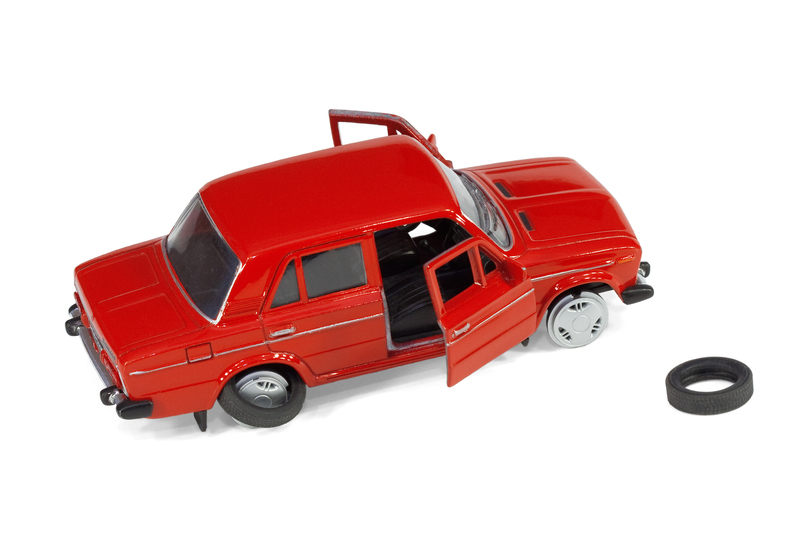How to Respond if Your Garbage Bin is Still Full
Discovering that your garbage bin is still full after collection day can be frustrating and inconvenient. Whether due to missed pick-ups or other issues, addressing a full garbage bin requires patience and a plan. In this comprehensive guide, we will explore various solutions to ensure your waste management remains efficient and hassle-free.

Understanding the Reasons Why Your Garbage Bin is Still Full
Before taking action, it's crucial to understand the potential reasons behind an unemptied garbage bin. Here are a few common explanations:
- Missed Pick-Up: Occasionally, garbage collection services might miss certain stops due to logistical errors or weather conditions.
- Overlooked Schedule Changes: Collection schedules may change due to holidays or municipal updates. Double-check the current timetable.
- Overflowing Bins: If your garbage bin is overflowing, it might not be collected. Ensure bins are not overfilled beyond their capacity.
- Restricted Items: Certain materials may not be allowed in regular waste collection and could lead to your bin being left unemptied.
Step-by-Step Process for Handling a Full Garbage Bin
Let's delve into actionable steps you can follow if you find your garbage bin still full after collection day:
1. Double-Check the Collection Schedule
Ensure that you are aware of any changes to your usual waste collection schedule. Trash collection services might alter their routes due to holidays, inclement weather, or road maintenance. Many municipalities provide this information online or via community notices. Confirm the pick-up days to avoid any misunderstandings.
2. Inspect for Non-Compliant Items
Your waste might have been rejected if it contains non-compliant items. Materials like electronics, hazardous waste, and oversized items might require special handling. Remove restricted items and dispose of them following local guidelines.
3. Contact Your Waste Management Service
If your garbage is still uncollected after verifying the schedule and removing non-compliant items, reach out to your local waste management service. Provide them with your bin details and collect evidence, such as photos, to help resolve the issue promptly.
4. Manage Overflowing Waste
In situations where your garbage exceeds the bin capacity, consider the following:
- Break Down Large Items: Disassemble or compress items to optimize bin space.
- Plan a Recycling Strategy: Segregate recyclable materials to reduce waste in your bin.
- Follow Composting Practices: Organic waste can be composted at home instead of occupying space in your garbage bin.
Implement Long-Term Strategies
To avoid future issues with waste collection, developing sustainable waste management practices is essential. Here are a few techniques to consider:
1. Invest in Larger or Additional Bins
If space and budget allow, consider investing in a larger or additional garbage bin, especially for large households or businesses generating significant waste.
2. Develop a Comprehensive Recycling Program
Educate your household or business on efficient recycling practices. This not only helps in reducing garbage but promotes environmental sustainability. Use designated recycling bins and encourage everyone to participate actively.
3. Schedule Regular Waste Audits
Conduct periodic waste audits to evaluate the types and amounts of waste you produce. Identifying patterns can help you reduce waste generation, ensuring your bins remain manageable.
4. Encourage Composting and Waste Reduction
Adopt composting for organic waste, which reduces the volume in your bins and produces useful compost for gardening. Additionally, consider adopting a reduction-first approach by buying in bulk, repairing items, and minimizing overall waste production.

Conclusion: Stay Proactive About Waste Management
Proactive waste management is key to ensuring your garbage bins are regularly emptied. Stay informed about your local waste collection schedule, adhere to accepted waste guidelines, and engage in sustainable practices that minimize waste. By doing so, you not only resolve the issue of uncollected trash but also contribute to a healthier environment.
In conclusion, dealing with a full garbage bin can be effectively managed by understanding the root causes, implementing immediate solutions, and investing in long-term waste reduction strategies. By treating waste management as an ongoing practice rather than a mere task, you can ensure your garbage bins are always appropriately dealt with, contributing to a cleaner and more sustainable community.